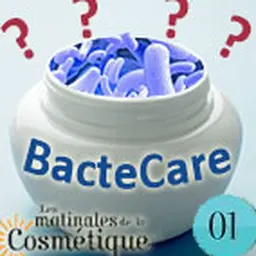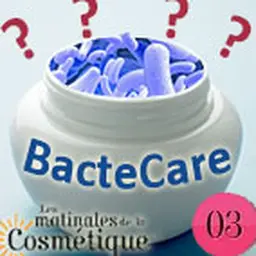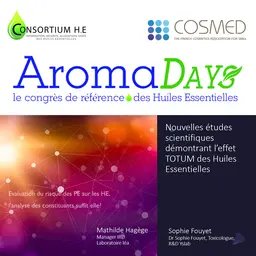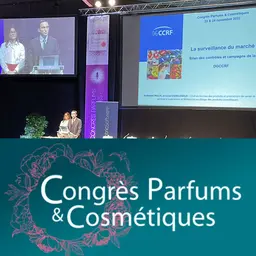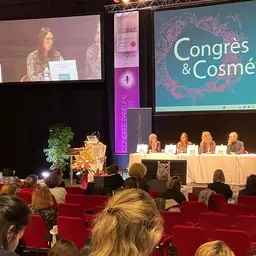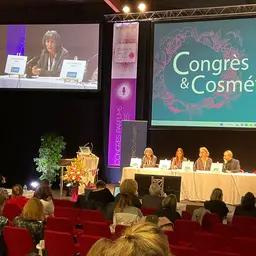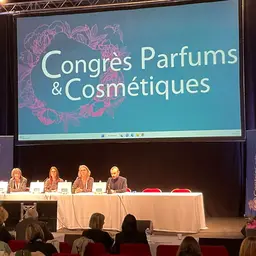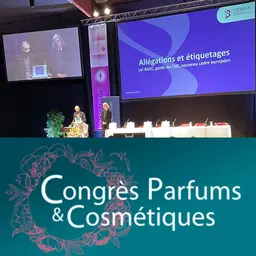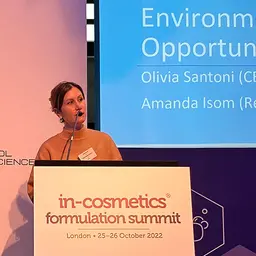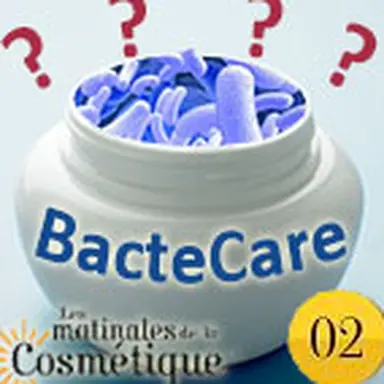
The recent discovery of the existence of the microbiota may deeply change our relationship with the world and with ourselves, our system of values, hospital and medical practices, and nutritional recommendations, to name but a few points. And the implications may also be profound in the cosmetics industry: formulations, treatment protocols, and perspectives for new products: a few leads on what is (perhaps) in store for us with Marie-Alice Dibon and Maryelle Allemand.
For the beginning of this article, see Bacteria: our friends… and the future of our cosmetics? (Part I)
The microbiota is essential to our health and to the equilibrium of our skin. Necessarily, this new element changes the angle of approach for several challenges in cosmetics.
Microbiota: changing cosmetic paradigms
If the focus is to preserve the microbiota, and the intention is to protect good germs whilst avoiding the bad ones, this could shed an entirely new light on the ‘no preservatives’ debate in the field of cosmetics. It could even call into question certain industrial practices, when the primary function of preservatives is to provide protection from contamination during the manufacturing process rather than to protect the product during its use by consumers… It could also change the lists of ingredients to be recommended or avoided. An example: the debate that is currently raging in the United States and that is also an underlying concern in Europe on whether we must continue, or not, to use triclosan, could be resolved in an instant.
And that’s not all. The regular application of high concentrations of alcohol (an antiseptic) through the use of hydroalcoholic hand gels could become even more controversial. …

